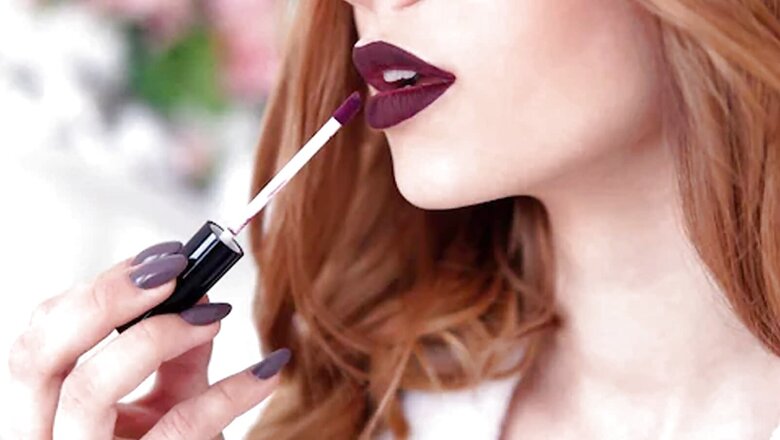
views
Talks of a global recession have been drumming up recently, with experts worldwide pointing out ominous signs. According to reports from the S&P global market intelligence, the global gross domestic product (GDP) is set to slow down to 2.8% this year, dipping even further to just 2% in 2023. Even the World Bank recently highlighted how the global economy is experiencing its greatest slowdown since the 1970s, and that recession in 2023 seems imminent.
Since the start of this year, when Russia invaded Ukrainian territory, the world has been battling serious supply chain disruptions and soaring energy costs. That, in turn, has led to increased pressure on product prices, driving inflation levels to record highs everywhere.
As a thumb rule, two consecutive quarters of economic decline indicate a recessionary phase. Naturally, money management in these periods is tough. In such times, as Sanjeev Dawar, veteran financial planner, puts it, “Comprehensive financial management for these periods involves taking care of earning, savings, spending, investment, borrowings, and estate planning.”
“Asset allocation is a crucial ingredient to recession-proof one’s financial life. It means distributing your equity, debt, real estate, and gold investment. The quantum will vary as per the investor’s life stage and life goals. A young investor has a high-risk tolerance therefore a higher exposure to equity is favourable. On the contrary, the portfolio for a retired individual has to be conservative as capital protection is the key objective,” he continues.
But how can we roughly gauge the impact of recession from items we use every day? Here’s how lipsticks, garbage, and dating sites can help you get an idea:
While not conclusive, the idea of the lipstick index is essentially to underline how affordable, budget luxury, or self-care is not forgone during such times, even when people are sacrificing more expensive and luxurious things like a swanky car, a new house, or more. As per data from NPD, lipstick sales in the first quarter of 2022 jumped by 48%. Makeup sales in general, have risen by 20% in the first 6 months of 2022.
The idea was put forth by cosmetic behemoth Estee Lauder in the noughties when the world was reeling under the adverse economic impact of the dot-com bubble. The firm noticed a steep spike in the sale of its lipsticks. Clearly, beauty shines as a bright spot during recessionary times.
More production and consumption implies more waste creation. Since the economy is slowing down, the underlying assumption is that people will spend less, hence, will generate less waste. However, some experts don’t see it as an accurate indicator.
The new Date Index is another indicator. Data from Sensor Tower shows that monthly active users on prominent dating and networking sites like Tinder, Bumble, and Hinge rose by 17% in January 2022, as compared to growth in the same month 3 years before. In fact, last year, the collective first-time downloads for these 3 apps touched 106.4 million, as the younger generation flocks to these sites.
Read all the Latest Business News and Breaking News here




















Comments
0 comment